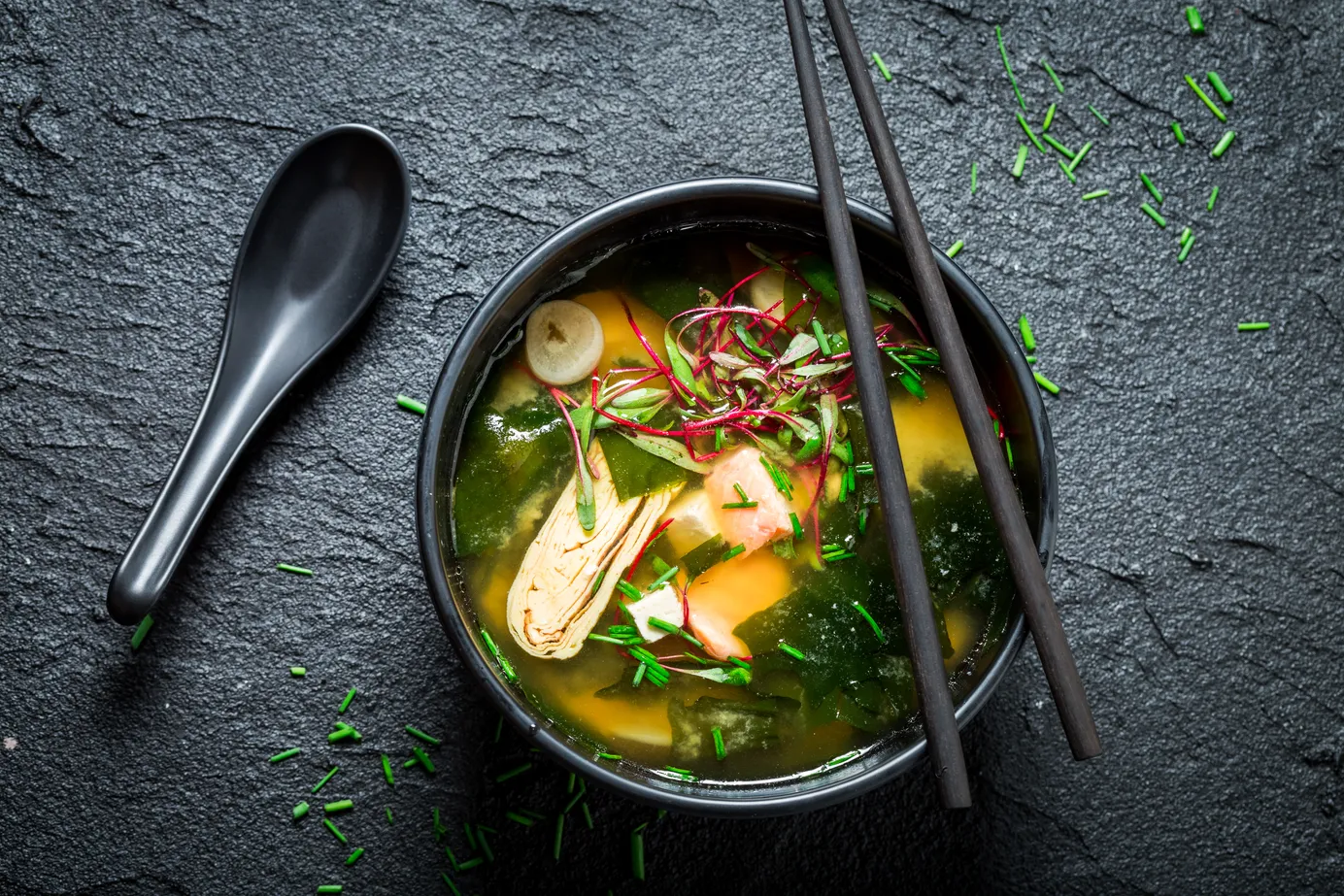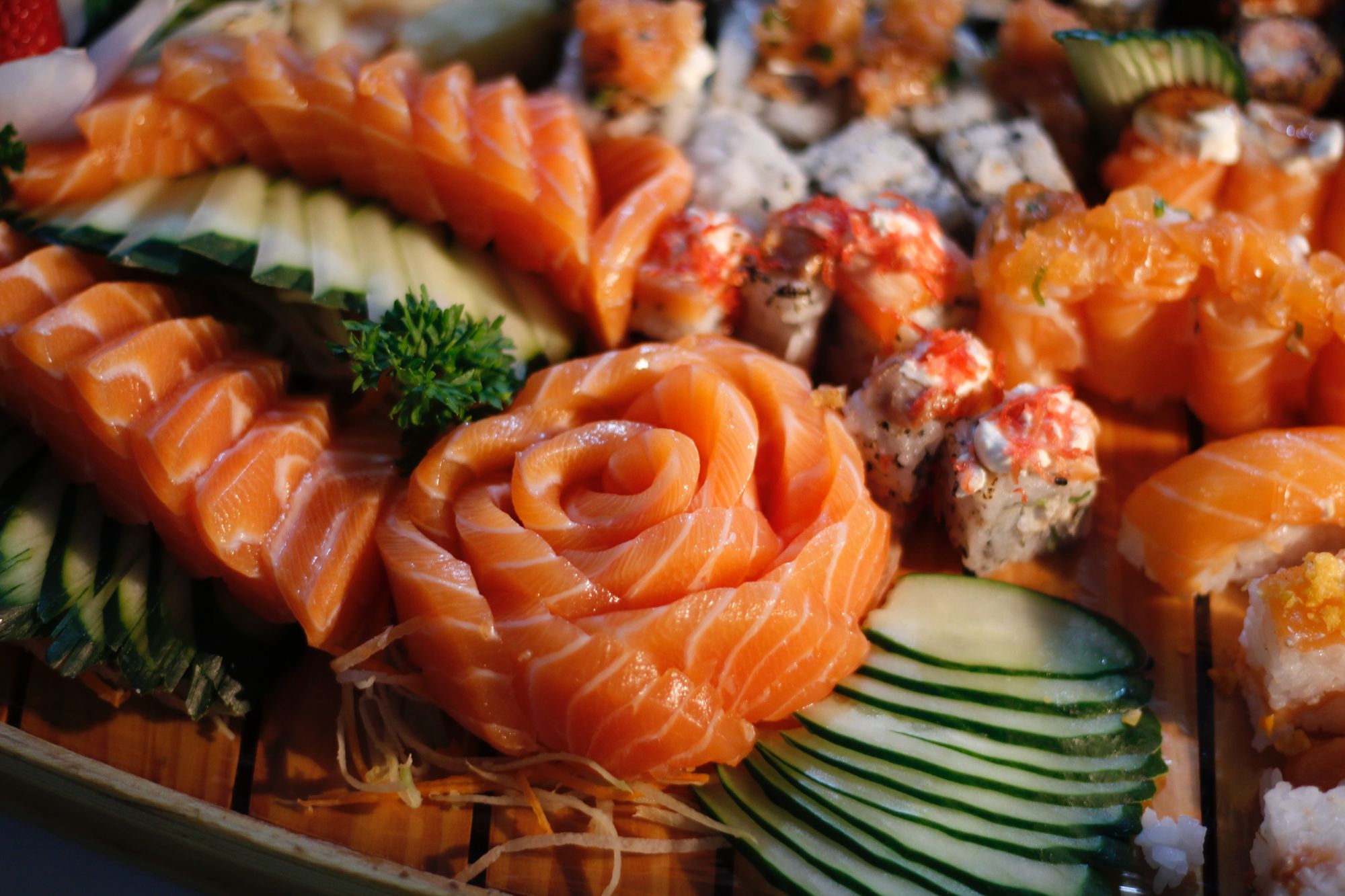Japan's Longevity Foods: 5 Dietary Secrets

Summary: Discover five Japanese longevity foods that support energy, gut health, and disease prevention for a longer, healthier life.
Asako Miyashito is a Japanese nutritionist who was recently featured in a CNBC article where she shed light on the crucial role of nutrition in increasing lifespan and health span.
What small dietary changes could help you stay active, energetic, and sharp well into your 70s and beyond? Japan, famous for its high percentage of centenarians, commonly embraces the medicinal aspects of food. The phrase "itadakimasu" ("I humbly receive") is reflective of the practice of mindful eating in Japan and emphasizes the importance of good health and longevity.
Over 90,000 Japanese have already celebrated their 100th birthday, according to a 2022 report from the country's Ministry of Health, Labour, and Welfare. In the space of two decades, this represents a five-fold increase. In particular, the island of Okinawa has gained the distinction of having the greatest percentage of centenarians in the entire world.
A long-time advocate of the traditional Japanese diet, Miyashita lists five essential foods that have helped her and her family live healthier, longer lives.
1. Japanese sweet potatoes: Popular as snacks or desserts, these purple Okinawan delicacies are packed with fiber-rich carbohydrates and anthocyanins, an antioxidant lauded for their anti-aging benefits. Research indicates that eating sweet potatoes may boost energy and improve gut health, both of which decline with age.
2. Miso soup: Produced from fermented soybeans and grains, miso soup is a popular meal that illustrates the Japanese fondness for fermented foods. Probiotics in these foods are known to boost the immune system and digestive health. According to one study, regularly consuming items from fermented soy has a 10% lower risk of premature death.
3. Daikon dishes: Root vegetables like daikon radishes are frequently used in Japanese cooking and can strengthen the immune system and ward off colds.
4. Seaweed: Due to its high mineral and fiber content, seaweed helps lower the risk of various illnesses, such as heart disease, high blood pressure, and type 2 diabetes. Certain antioxidants found in seaweed have potent anti-inflammatory, anti-aging, and anti-cancer properties. It also supports brain function, a major driver of midlife-related conditions like arthritis and heart disease.
5. Fish: Omega-3-rich foods like salmon and tuna are essential components of the Japanese diet. Fish is great for easing inflammation and lowering both triglycerides and blood pressure.

The Interlude Café's Take
Miyashita's approach highlights the significance of a balanced diet rich in natural foods with minimal processing, a fundamental concept among many long-living cultures worldwide.
For midlifers, longevity isn’t just about living longer—it’s about staying active, maintaining cognitive sharpness, and preventing age-related illnesses. While you might not have access to Okinawan sweet potatoes, the key takeaway is simple: Eat for energy, gut health, and long-term vitality.
- Favor whole foods.
- Include a variety of vegetables and lean proteins.
- Add beneficial fats, and ensure a good intake of fiber.
In our fast-paced world, Miyashita's reference to the practice of mindful eating is also worth highlighting. This is consistent with research indicating that a mindful relationship with food and conscious consumption will improve dietary habits and overall well-being.
While implementing these practices may promote longevity, it's important to remember that eating habits are only one aspect of overall health. Other important lifestyle factors that affect overall health and lifespan include social connections, stress management, physical exercise, and genetic predisposition.
Further Reading
- The Health Benefits of Seaweed (Forbes 2023)
- What Are the Health Benefits of Daikon Radishes? (Dr. Axe)
- Mindful Eating: "How You Eat is an Expression of How You Live, Tokion Japan
Author's note: Remember that this summary provides an overview of significant themes mentioned in the study, with our insights thrown in for good measure. For the full context and depth of content, always refer back to the original studies and articles.
Got an idea? We want to hear from you!
At The IC, we're always excited to bring fresh perspectives and unique voices to our community.
We'd love to connect if you have feedback, an article idea, or want to join us as a guest writer.
Email us at hello@interludecafe.com or head over to our Contact Us page to get started!






